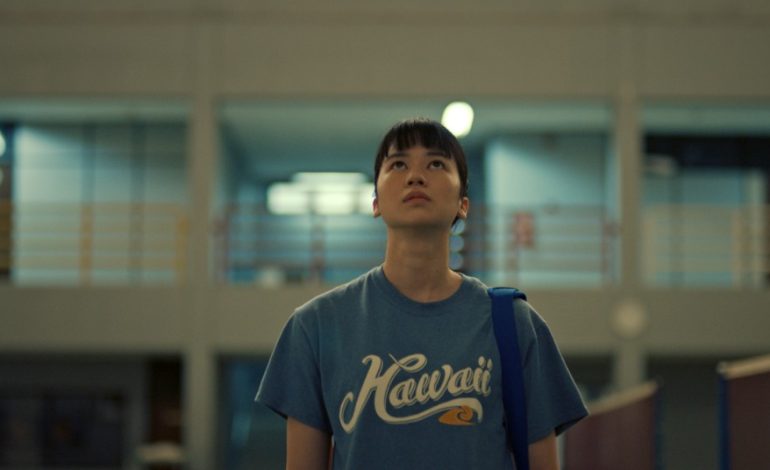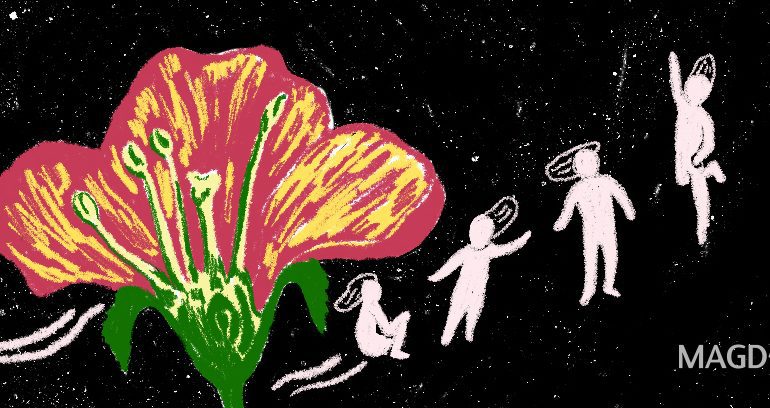Exploring Indonesia’s Dark History in “Susi Susanti – Love All”

Susi Susanti – Love All opens with a sharp irony. A few decades after the 1965 tragedy, an anti-communist purge targeting Communist Party of Indonesia (PKI) party members, Communist sympathizers, Chinese-Indonesians, and alleged leftists, Indonesia’s biggest chance to win its first Olympic gold is on the shoulders of a young Chinese-Indonesian woman.
Susi Susanti does not reduce Susi’s life to just the Big Moments that she is known for, it explores the smaller, more intimate spaces of her life. It also does not sanitize Indonesia’s political situation and the tribulations that Susi and other Chinese-Indonesians faced under Suharto’s regime, exactly because that social climate particularly informed Susi’s psychological state, the pressure she was under, and the legacy she then came to create. It plays on your historical knowledge without taking it for granted, and Sim F made the right call for situating a story as vital as this through the view of the oppressed.
Sim F uses comedy to soften historical horror, like how the government starts installing ABRI at training spots once Chinese-Indonesian coaches are temporarily allowed back in Indonesia after living in China because of the 1965 tragedy. Sim visually hits on the irony of uniforms and sameness and how Indonesia’s not a communist country, signifying the success of New Order’s anti-communist propaganda.
The lighter and sweeter comedy comes from other moments, like when Susi and Alan try to discreetly climb a wall to get back to their rooms after a night out, or Susi’s running joke with her father about the emotions that she feels. This is the kind of warm comedy that we need more of in our films, highlighting the absurdity of life’s certain moments at no one’s expense.
Susi Susanti lives up to both meanings of its title and shows all the kinds of love that surround her. Intense games and training scenes are balanced by soft moments: the placeholder gold medal written on a paper for Susi’s father, the search for homemade ciapo, the kiss after the couple’s Olympic victories, and the bathroom surprise support before the Uber Cup in Hong Kong.
Also read: I Left Indonesia to Pursue a Life Without Fear
The film is filled with well-rounded ensemble that helps fill out the background of the life of a legend. Laura Basuki and Dion Wiyoko capture the transformation of Susi and Alan’s chemistry – from two people who are already affectionate with each other while still trying to figure out how to be around one another, to a couple who have figured out that to be with each other is to match each other’s greatness.
Dayu Wijanto and Iszur Muchtar play Susi’s parents who have different but equally warm bonds with Susi. Jenny Zhang and Kin Wah Chew are Susi’s tough but fair coaches, and Kelly Tandiono and Rafael Landry Tanubrata play Susi’s reliable friends inside and outside the court.
Susi has it all, and she doesn’t have to sacrifice one for another: the talent and ambition to be a world-class athlete, a loving family, a partner who understands her, supportive friends, and fans who cheer her on.
Love has her back, too bad Indonesia doesn’t.
While the first half of the film shows her working hard to be Indonesia’s number-one woman badminton player, the latter half is when she realizes that all of her medals and trophies guarantee nothing: not her safety, not the protection of her family, not even a piece of paper that declares her identity as an Indonesian (SKBRI).
Nearing the 1998 Uber and Thomas cup, Susi takes some time to come home and spend time with her family. An argument starts when her brother expresses his desire to work as a coach for Malaysia’s badminton players while she thinks it’s not nationalistic to do so and an argument ensues as she bursts in anger.
The Uber and Thomas Cup in Hong Kong happens around the same time as the 1998 riot in Indonesia. Most of the players are in panic and rightfully disappointed that they have sacrificed blood and tears and flown thousands of kilometers away trying to win medals for Indonesia, yet the state does not care and cannot even guarantee the safety of their loved ones.
Also read: I am Chinese Indonesian and I’m Leaving My Safe Bubble
Alan tries to calm down other players, convincing them that it is exactly times like this that they have to prove their brilliance and serve the country. On the surface, it seems like the right thing to say, but it feels disingenuous to promote nationalism fully knowing the betrayal of the state to which you pledge your allegiance. It shows how violent the idea of nationalism can be.
What follows is a fiery scene of Susi’s Uber match which stood parallel with the scene of an attack on her Tasikmalaya home. Facing the aftermath of her match and what went down at home in Indonesia, she was forced to contemplate her identity again.
Being Indonesian for Susi means holding two conflicting ideas at once: carrying its name on her back at every game, while also being denied something that is supposed to “validate” her identity as an Indonesian.
Susi Susanti is a sports picture with a political history lesson, and a dark one at that. The film holds a mirror to Indonesia’s present, drawing a direct line from merely 20 years ago to now. This is how we treat people in the margins: we tell them they have to prove their worth and when they do, we still give them close to nothing.
The ending of Susi Susanti took me back to its opening statements: if some of our nation’s biggest pride are Chinese-Indonesians, the very group of people the state painted as the enemy, maybe it’s time we take a second look at the ideology the New Order worked so hard to repress. If that’s the only thing that could save us now, wouldn’t that be ironic too?






















